Mohammad Jorjandi Still Stands
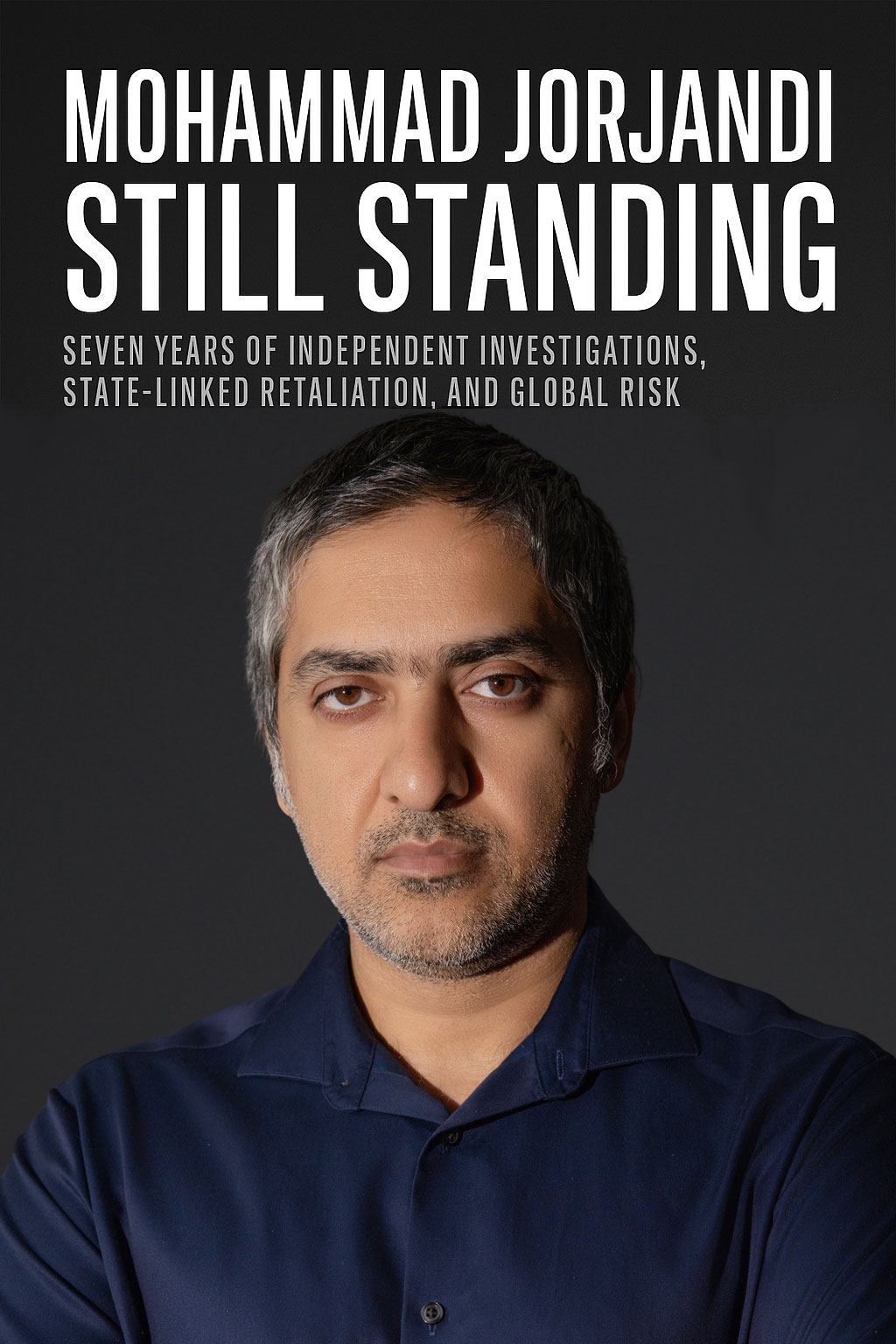
For over seven years, Iranian investigative journalist and cybercrime expert Mohammad Jorjandi has waged a one-man war against some of the most sophisticated and state-backed financial fraud networks in Iran and its neighboring regions. Despite a relentless campaign of legal harassment, defamation, censorship, digital takedowns, and real threats to his life, Jorjandi continues to expose cybercriminals operating with impunity, thanks to corruption, cross-border influence, and judicial complicity. His story is one of principled resistance and personal sacrifice in a world increasingly hostile to transparency.
State-Backed Judicial Suppression
Since 2022, Iran’s judiciary has issued multiple official letters explicitly directing state institutions to censor Mohammad Jorjandi and his platform, Webamooz.
- Letter 1 – December 18, 2022, from the Mashhad Prosecutor’s Office, orders the Ministry of Culture and Islamic Guidance to block any backlinking or advertorial content that would increase Jorjandi’s visibility. It accuses him of spreading falsehoods about government officials and supporting civil unrest.
- Letter 2 – June 16, 2022, from the Isfahan Prosecutor’s Office, orders the Press Supervisory Board to delete existing news stories mentioning Jorjandi and prevent future promotion.
- Letter 3 – May 11, 2022, demands Aparat (a major Iranian video platform) to permanently delete Webamooz content and ban Jorjandi’s access.
These directives were issued amid a broader campaign of media defamation and state-backed intimidation.
Coordinated Media Smear Campaigns
Many articles across Iranian and affiliated regional media were published as paid advertorials designed to discredit Jorjandi. These include:
- Rouydad24 accused him of “contradictory personality” and vulgarity, selectively quoting phrases from his livestreams to paint him as a provocateur rather than a journalist. (archive)
- Asr Tabriz falsely described him as a cyber operative for the Iranian regime.(archive)
- Bultan News claimed that Macan Aria Parsa—whom Jorjandi exposed for academic fraud and immigration scams—was fully exonerated in court, using the verdict to discredit Jorjandi’s findings. (archive – archive)
The media blitz was orchestrated following Jorjandi’s publication of a series of investigative reports revealing fake PhD mills, asylum fraud schemes, and financial scams led by well-connected figures.
Who Are the Fraudsters?
- Macan Aria Parsa (a.k.a. Meysam Shekarisaz) – Link
- Crimes: Document forgery, operating fake universities, immigration fraud.
- Details: Parsa founded sham educational institutions to sell degrees to Iranian nationals. He has used legal threats and censorship campaigns to suppress coverage of his activities, including filing a defamation lawsuit in the U.S. against Jorjandi.
- Mozhdeh Shekarisaz – Link
- Crimes: Immigration fraud, falsifying political asylum claims in Canada.
- Details: Shekarisaz posed as a dissident woman under threat, submitting fake legal documents and paid media interviews to support her refugee case, coordinated with associates inside and outside Iran.
- Ahmad Ayoubi – Link
- Crimes: Fabrication of asylum narratives, coordinated harassment campaigns.
- Details: Ayoubi worked alongside Shekarisaz to submit falsified evidence to Canadian courts, targeting journalists like Jorjandi with fake complaints to discredit and endanger them.
- Farzin Fardin Fard – Link
- Crimes: Money laundering, fake DMCA claims, reputation whitewashing.
- Details: Fard attempted to erase Webamooz reports linking him to UK-based gambling and crypto fraud through false copyright claims and DDoS attacks.
- Sina Estavi – Link
- Crimes: Crypto fraud (Cryptoland), disinformation.
- Details: After embezzling millions through his token platform, Estavi circulated a fake IRGC letter falsely portraying Jorjandi as an Iranian regime cyber officer involved in U.S. election meddling.
- Bahman Babazadeh – Link
- Crimes: Paid defamation.
- Details: An Iranian entertainment journalist who organized Twitter (X) smear campaigns against Jorjandi, paying influencers to spread false accusations of extortion and bribery.
Social Media Bans and Platform Abuse
- Twitter Suspension: Jorjandi’s verified Twitter account @s7az2mm was suspended in 2023 after mass fake reports by exposed criminals. Over 8,500 signatures were collected in a petition to restore the account, and it was reinstated after months of advocacy. Link
- Instagram and YouTube: Multiple videos and posts exposing fraud networks were removed due to coordinated reporting, especially those targeting Macan Aria Parsa and the fake university scam network and Farzi Fardin Fard. Link
- Platform Weaponization: False DMCA claims, AI-generated takedown notices, and impersonation were used across Telegram, YouTube, and IONOS hosting to erase digital evidence. Link
In today’s politicized climate, documenting cybercrime across Iran and the U.S. has become increasingly difficult. Legal reporting must align with two conflicting systems, making neutrality nearly impossible. Mohammad Jorjandi has tried to remain impartial by pursuing cases within Iran’s own legal framework—avoiding partisan labels for Webamooz. Yet in this fog of politics, staying neutral has only made the work harder. Fraudsters, shielded by state corruption and media silence, thrive across borders—stealing from the Iranian public and living freely from Tehran to Los Angeles.
A Lonely Battle Without Institutional Support
Unlike large media organizations, Jorjandi has never had institutional backing. His work is self-funded and sustained only through public donations. Despite repeatedly uncovering organized crime, he receives no assistance from press freedom groups or international watchdogs.
After immigrating to the U.S. and applying for asylum, Jorjandi faces unique vulnerabilities:
- No Press Credentials: As an independent journalist, he struggles to receive legal or security protection.
- No Financial Grants: Major nonprofit journalism funders often overlook his work due to geopolitical sensitivity.
- U.S. Government Risk: His anti-crime investigations—particularly into crypto laundering and immigration fraud—may be misunderstood or politically sensitive, leading to scrutiny instead of support.
Personal Risk Beyond Iran
It is not just Iran that poses a threat.
- Fraud networks targeted by Jorjandi operate in Turkey, the UAE, Georgia, and parts of Europe.
- These regions serve as safe havens for criminals escaping Iranian jurisdiction while attacking whistleblowers abroad.
- With little protection and no embassy recourse, Jorjandi cannot travel safely to any of these countries.
Standing Alone, Standing Firm
The pressure on Mohammad Jorjandi is not only systematic—it is transnational and designed to erase him from public discourse. Yet he remains active, publishing under threat, collecting and verifying data, and giving voice to the victims of online scams and fraudulent asylum networks.
What distinguishes Jorjandi is his refusal to be co-opted—by governments, opposition groups, or special interests. That integrity has come at enormous personal cost: isolation, defamation, censorship, financial instability, and constant fear of arrest or worse.
Despite it all, Mohammad Jorjandi still stands.
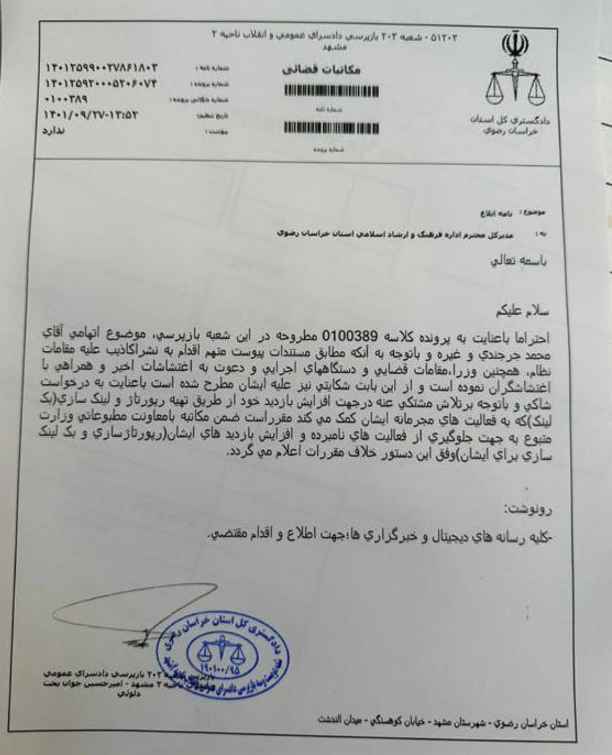
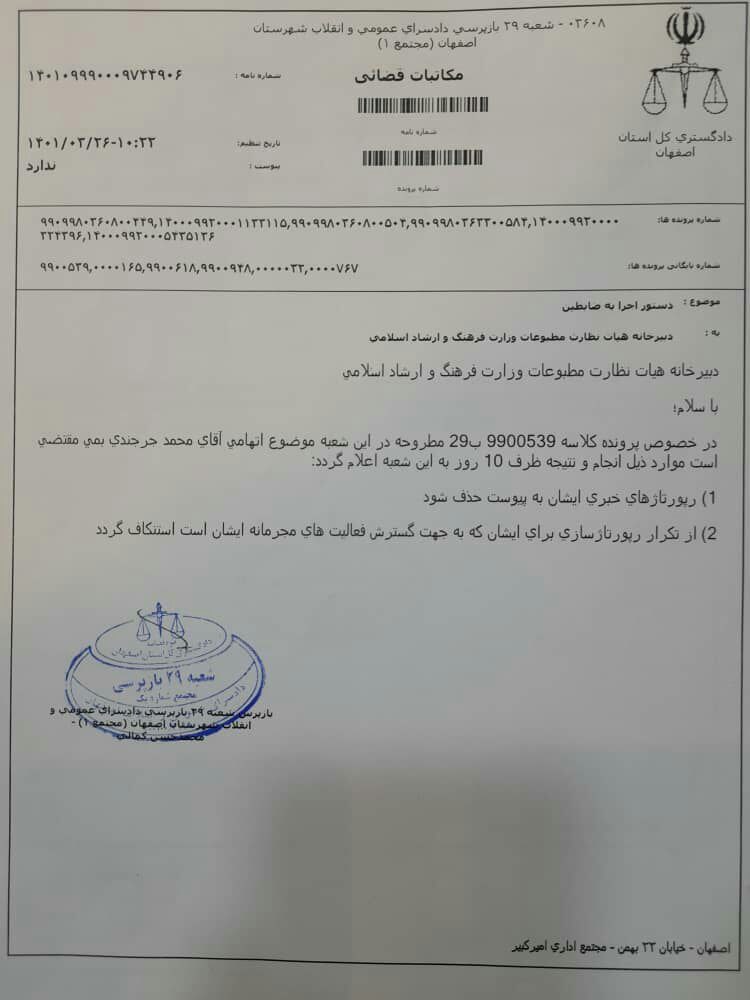
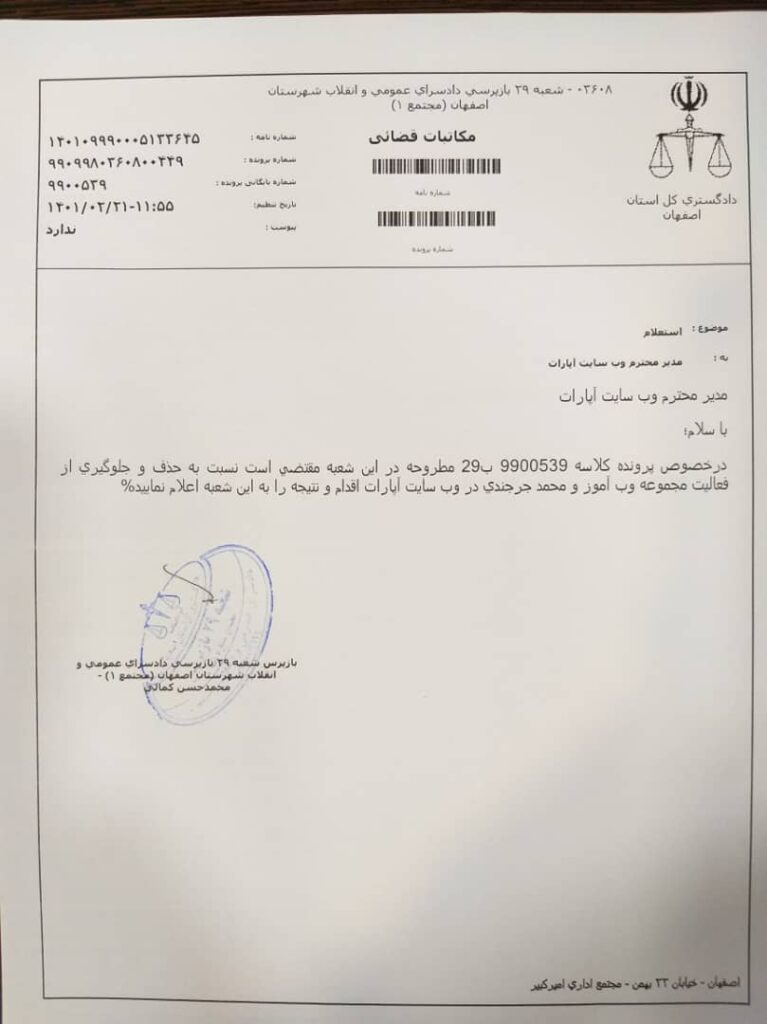



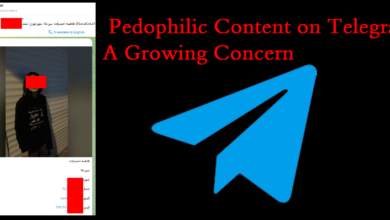
True hero